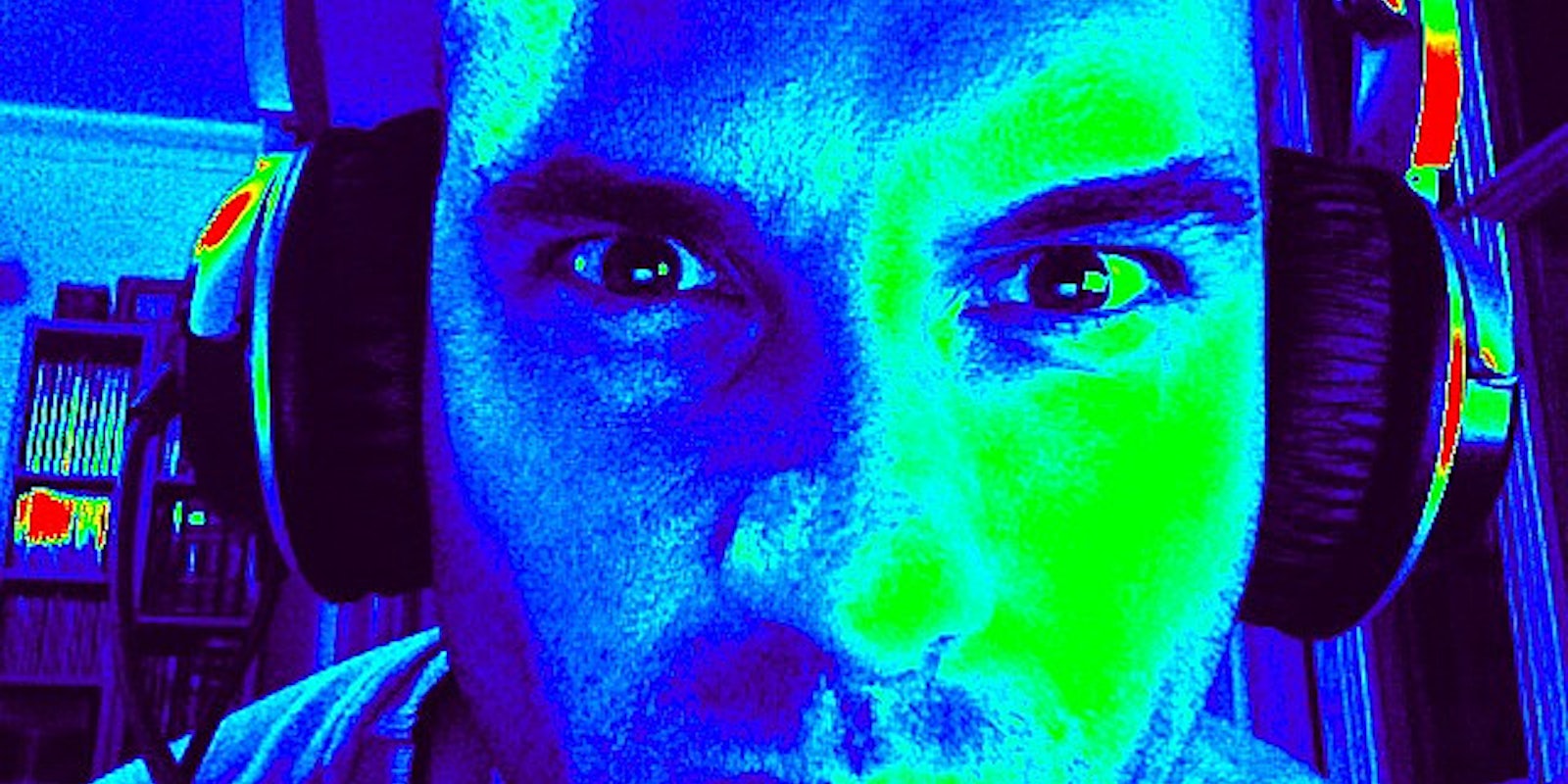Want to report criminal suspects to the police? There’s an app for that! At least if you live in London.
On Tuesday, the Scotland Yard had released an app that allows users to enter their zip code (rather, its U.K. equivalent) and browse photos of suspects taken in their area, the Associated Press reported.
The app takes its name from Facewatch, the private company with whom police partnered to design the app. Facewatch is the brainchild of British entrepreneur Simon Gordon and originally started as a subscription service allowing business owners to report crimes more quickly and efficiently. In the last two months, the app’s been responsible for the identification of 29 suspects, according to the release.
“If you’re a pub or a shop or some kind of premises you subscribe to FaceWatch and pay £15 [$22.50] a month for a small place, up to £100 [$150] if you’re a big company, and you can report any low-level crime on the system,” Gordon told BusinessWings in April 2011.
“You upload the footage, about a minute’s worth of CCTV or images and that goes straight to the police rather than what happens now: having to come out and collect discs, fill out forms and take statements and all that sort of thing.”
The new app announced Tuesday will presumably be free for users, although Facewatch’s own press release did not explicitly say so.
“Facewatch id […] provides a selection of unidentified images of people the police would like to talk to within areas selected by distance from a postcode entered into the App by the user,” the release states. “If an image is known to the viewer they have the opportunity to take action and confidentially send information directly to the police using the App.”
Gordon was also personally quoted in the statement: “By using the very latest technology we have created a simple, easy to use and highly relevant way for the public to assist in the huge job of managing the capitals CCTV image database.”
The database is indeed huge. British citizens might be among the most closely watched people around. As the BBC noted in 2009, “Despite the revelation that there are almost one million fewer CCTV cameras in the U.K. than previously thought, Britain still appears to have far more watchful eyes trained on its population than other countries.”
How well do the cameras work in fighting crime? Despite the vast number recording the public sphere, there’s still debate on whether all-encompassing CCTV actually helps deter or solve crimes.
In 2009, London’s Metropolitan Police admitted that on average, only one crime was solved for every 1,000 CCTY cameras. By 2010, the organization upped the estimate, claiming CCTV helped solve six crimes every day.
With the Facewatch app making police’s favorite CCTV images available en masse to British smartphone users, that number is almost certain to rise.
Photo by Oneras/Flickr


